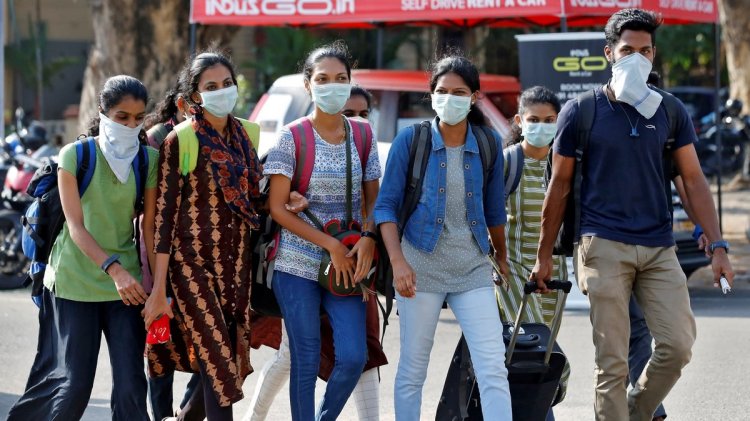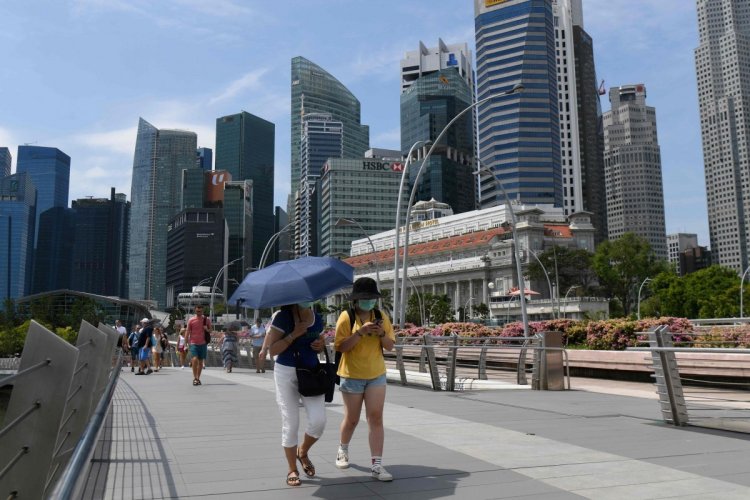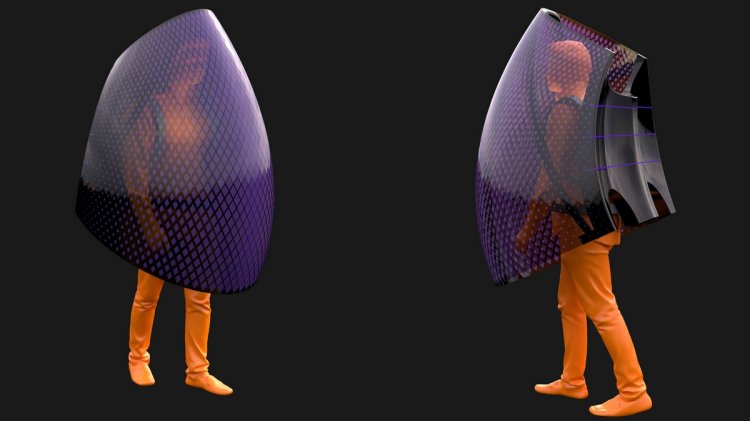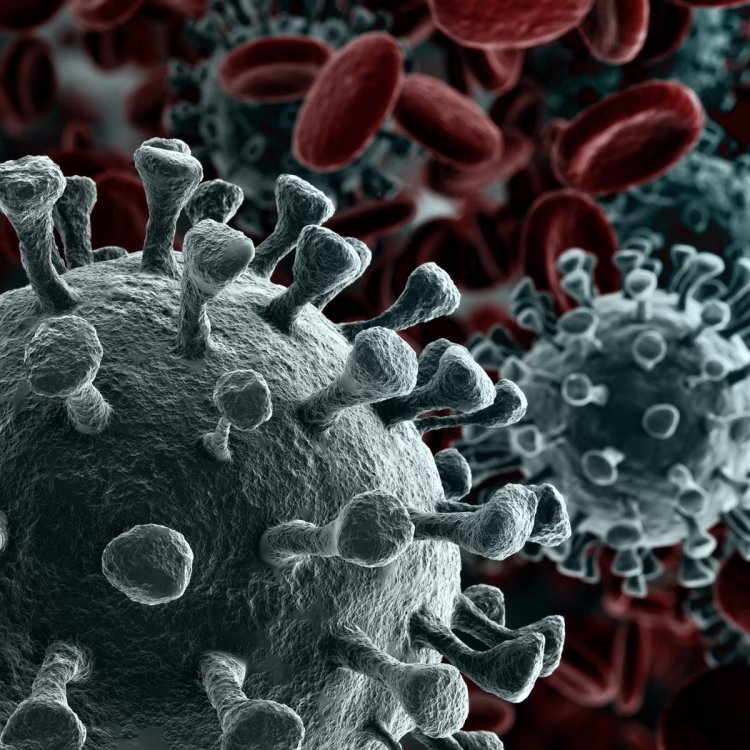Coronavirus May Not Be Killed In Warmer Weather
Ankita Chetana |Apr 10, 2020
On April 4, the US National Academies of Sciences (NAS) report said that coronavirus will continue to be spread in many countries including India.
- Test Positive & Get Paid Rs 50,000! UK Minister Proposed An Unprecedented Plan
- One In Eight Recovered Covid-19 Patients Dies Within 140 Days, Say UK Researchers
- Stay Calm! Covid-19 Vaccine Is Still Effective Against Mutant Strain In Europe
India has been included in a finding whether high temperature affects the spread of the coronavirus or not. The summer has covered across the country, however, the pandemic seems to continue its journey of widespread. The only way to prevent it is social distancing and wearing masks like what we have been doing.

Last Saturday, the report from the US National Academies of Sciences (NAS) showed that breathing and communicating can spread the deadly virus. Since then, several countries without quarantine and social distancing are suffering a huge number of infected cases.
Meanwhile, earlier, there were some reports saying that a higher temperature can prevent the virus spread. In fact, some countries including India, Iran, and Australia are welcoming warmer temperatures than in Europe and China. However, these countries are still experiencing the intense consequences of COVID-19.

The report further added that the virus spread decreasing doesn't go well with temperature and humidity increase. It summed up:
"Experimental studies show a relationship between higher temperatures and humidity levels, and reduced survival of Sars-CoV-2 in the laboratory, there are many other factors besides environmental temperature, humidity, and survival of the virus outside the host, that influence and determine transmission."
It also requests to make more researches about this issue including the changes in coronavirus. On Tuesday, the latest report submitted to the White House stated that transmission reduction due to higher humidity and temperature may not have an impact on the coronavirus spread if we don't follow the major guidelines of social distancing, wearing masks, and quarantine.

Director of New Delhi's Institue of Genomics and Integrative Biology Dr. Anurag Agrawal delivered his statement:
"We cannot rely on summer to rescue us from coronavirus disease as temperature is just one of the many factors that affect transmission. Very hot climate may reduce cases by a small number in high population density areas as heat will destroy the virus faster. I'm hopeful it may do so to some extent in Dharavi, but since hot spots are typically in hospitals, malls and offices, which are often air-conditioned even in India, transmission is unlikely to end in summer without strong public health interventions."
In the past, other coronaviruses such as Sars-CoV and Mers-CoV which resulted in serious illness on human and acute and middle-east respiratory syndrome also haven't witnessed the effect of seasonal changes. They actually performed the most emergency in winter and summer.

Virus transmission can happen under the conditions of population density, geography, testing access, quality healthcare systems, and human behaviors like migration and movability.
Director of the Indian Institue of Public Health in Hyderabad Dr. V. Ramana Dhara confirmed:
"There are many other factors that may influence virus spread and it is still too early to draw definite conclusions without data on this novel virus in the real world. In the Indian context, the factors would include population density, difficulty of maintaining physical distancing in households where space is limited, inability and unfamiliarity with cough/sneeze etiquette, migrant labour returning home with the virus, and mingling of people even during the current lockdown."
To show more evidence on the way coronavirus will transform, virologists are doing researches on coronaviruses' behavior, especially Sars-CoV as it is the most similar to COVID-19. Moreover, the report from NAS said:
"There have been 10 influenza pandemics in the past 250-plus years - two started in the northern hemisphere winter, three in the spring, two in the summer and three in the fall. All had a peak second wave approximately six months after the emergence of the virus in the human population, regardless of when the initial introduction occurred."
- Tag


Comments
Sort by Newest | Popular